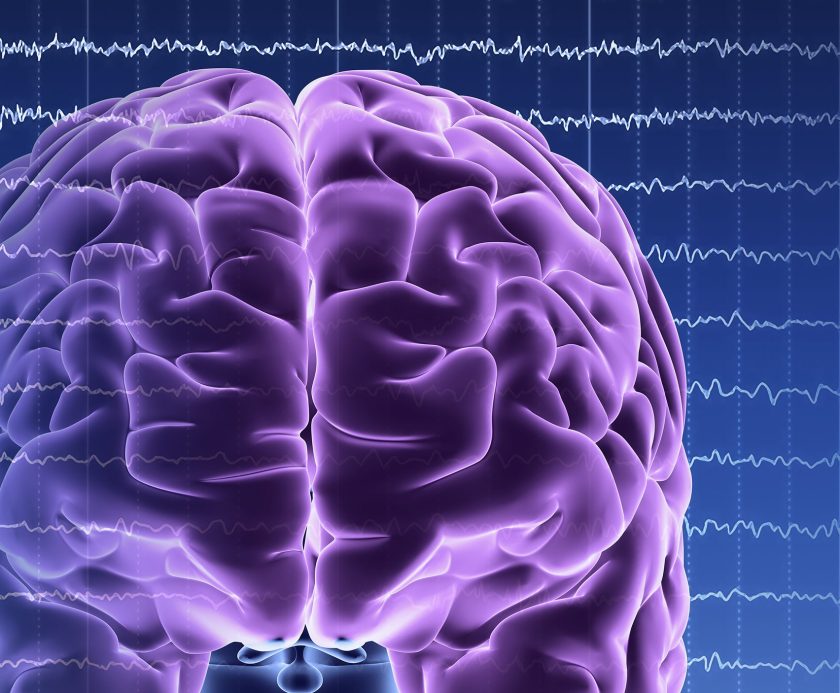
While conducting routine research on the process of dying, a team of doctors recorded brain activity for ten minutes after the patient’s death—a mental phenomenon previously believed unthinkable.
For the clinical pronouncement of death, an EEG reading (recording electronic brain signals) is generally the standard—though there are other tools that doctors use to make the call. Prior to this breakthrough finding, many scientists believed it was impossible for the brain to keep working without the heart pumping blood flow to the organ.
Conventional wisdom, however, couldn’t explain the perplexing case was documented by doctors from the University of Western Ontario in Canada. When the team removed four terminal patients from life support, all but one died instantly. The fourth, Medical Xpress reports, started sending delta waves, brain signals commonly seen in deep sleep.
In their paper that was published in The Canadian Journal of Neurological Sciences, the team acknowledged they couldn’t explain the reason for the patient’s postmortem brain activity after checking for equipment failures. The doctors suspect other patients have experienced a similar phenomenon, but observers had not been looking for the right signs.
—RealClearLife
Whether you’re looking to get into shape, or just get out of a funk, The Charge has got you covered. Sign up for our new wellness newsletter today.























